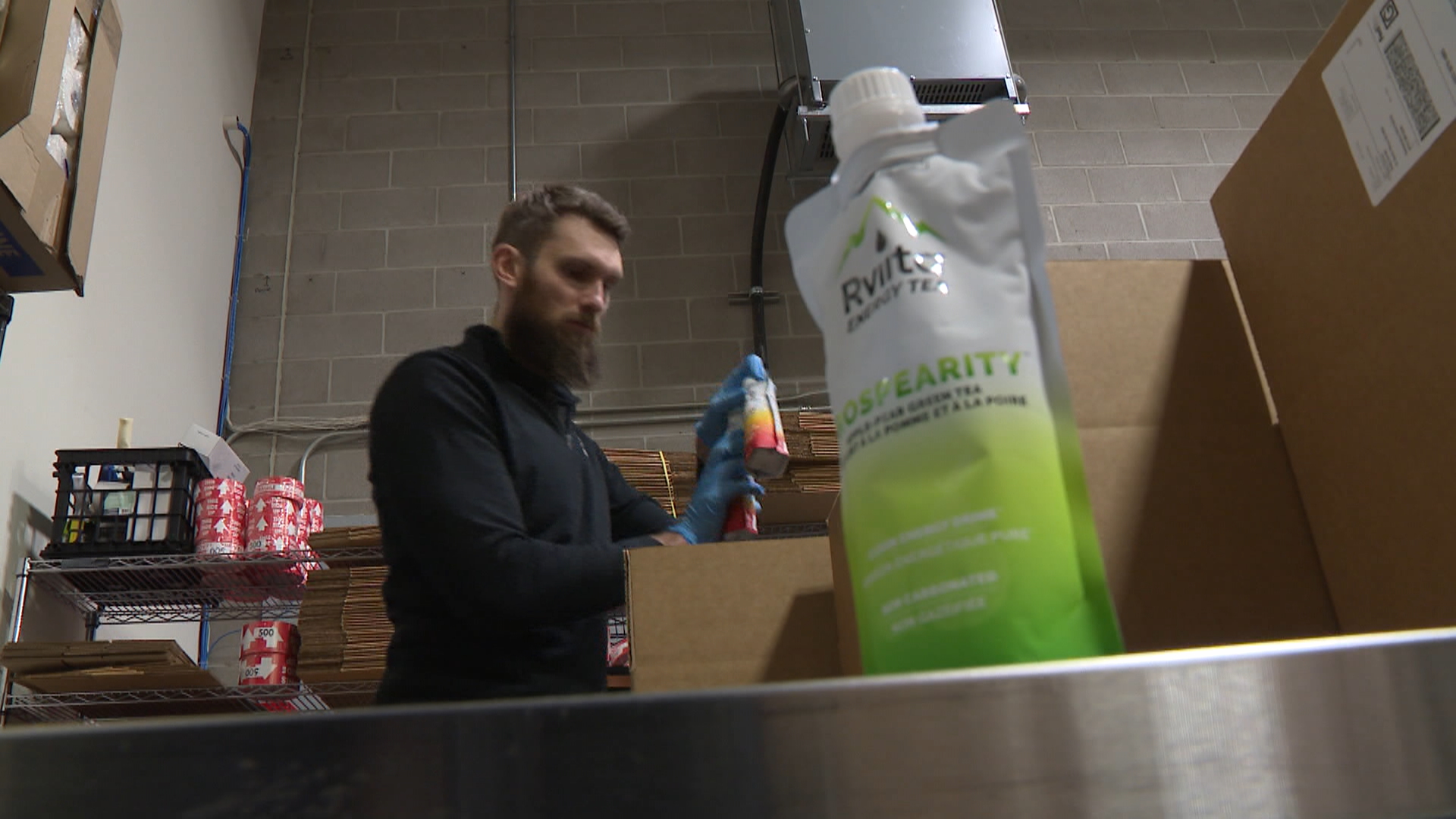ARTICLE AD BOX
FRANCE has been hit by a week of chaos and is bracing for more following the turbulent first round of its general election last Sunday.
Today it goes to the polls once again to finish what could be the country’s most divisive vote ever – which may even see President Emmanuel Macron resign.
 Getty
Getty Getty
Getty Getty
Getty Reuters
Reuters The election result tonight could see French President Emmanuel Macron resign
The election result tonight could see French President Emmanuel Macron resignTens of thousands of riot cops have been dispatched to quell unrest this week as left-wing supporters protest against an incoming right-wing victory.
Over the last seven days political candidates and activists have been injured in 51 bloody attacks.
Macron activist and deputy of the French National Assembly, Virginie Lanlo, even had her jaw broken in a violent clash.
Dozens of shops in Paris even barricaded their doors and windows this morning because of expected riots ahead of today’s final vote.
Top parliamentary aides have warned that Macron may quit tomorrow as his opponent Marine Le Pen is set to make huge gains in today’s vote.
One of his top advisers told The Telegraph: “I know the man – this is not science fiction”.
Macron declared the snap election in May, apparently taking a gamble ahead of his final three years in the top seat.
But early polls suggest the election could push France’s government into a chaotic myriad of different parties – with no clear majority for the President.
The far-right National Rally party — led by Marine Le Pen, daughter of anti-Semitic Holocaust denier Jean-Marie — is set to make the biggest election gains.
Macron reportedly enjoyed “throwing an unpinned grenade” into the political system by calling his snap election, but now looks to be meeting the consequences.
One MP told le Parisien: “In seven years, I’ve had the opportunity to spend hours with [Mr Macron].
“One day, he can make you a promise straight to your face, and the next day do the complete opposite. Completely the opposite.
“So when he says: I’ll never leave, I have my doubts.”
The President’s own face has been removed from campaign posters and he has been asked to not go out on the trail due to high rates of unpopularity.
Following the disastrous results for Macron’s centrist Together coalition in last week’s vote, Prime Minister Gabriel Attal said the far right were at the “gates of power”.
Recent polling in the Economist suggests France is heading for a hung parliament this week.
Le Pen’s hard-right National Rally (RN) party is expected to secure between 185 and 215 seats – the largest win.
The left-leaning New Popular Front are set to gain between 168 and 198 – the second biggest.
While Macron’s “Ensemble” party sit between 115 and 145 expected seats.
This means Le Pen’s party won’t have enough for a full majority – which in French parliament – sits at 289 seats out of 577.
The chaos in France comes less than three weeks ahead of the Olympics – to be hosted in Paris.
Thousands of British sports fans are expected to descend on the country’s capital from July 26.
 Reuters
Reuters Fires raged in Paris as tensions rise after the first round vote
Fires raged in Paris as tensions rise after the first round vote AP
AP Getty
GettyHow do French elections work?
THE French public choose their president and MPs in separate elections – unlike in the UK where the country’s leader, the PM, is determined by which party has a majority in parliament.
There are 577 seats – and constituencies – in France’s National Assembly.
For an absolute majority in government a party would need 289 seats.
France’s parliamentary elections are made up of two rounds, with the first kicking out anyone who fails to win 12.5% of votes in their area.
If any candidates get more than 50% of the vote in their area, and at least a quarter of the local voter pool turns out to cast their ballot, they win a seat automatically.
This doesn’t happen very often, but RN thinks this time it could happen in dozens of seats.
The second round, for any seats which candidates do not win outright, is then a series of knock-outs fought either by two, three or sometimes four candidates.
Some candidates may drop out before the second round on July 7 to give their allies a better chance over another candidate in a three or four-way race.
French leaders are urging candidates and voters to act tactically to stop the far-right surge.
But polling shows voters may be unwilling to vote tactically and to form the so-called “Republican Front” – a united movement to block for the National Rally.
A poll by Odoxa found that only 41 per cent of voters were willing to vote to block the RN – while some 47 per cent would vote to stop NFP or some 44 per cent to stop Together.
 Reuters
Reuters.png)
 4 months ago
7
4 months ago
7








 English (US)
English (US)